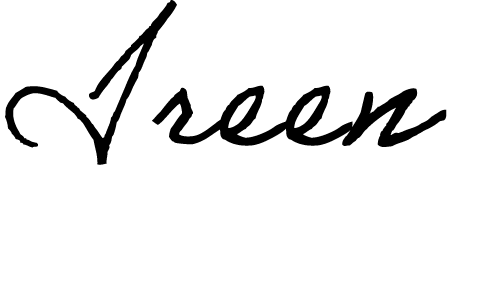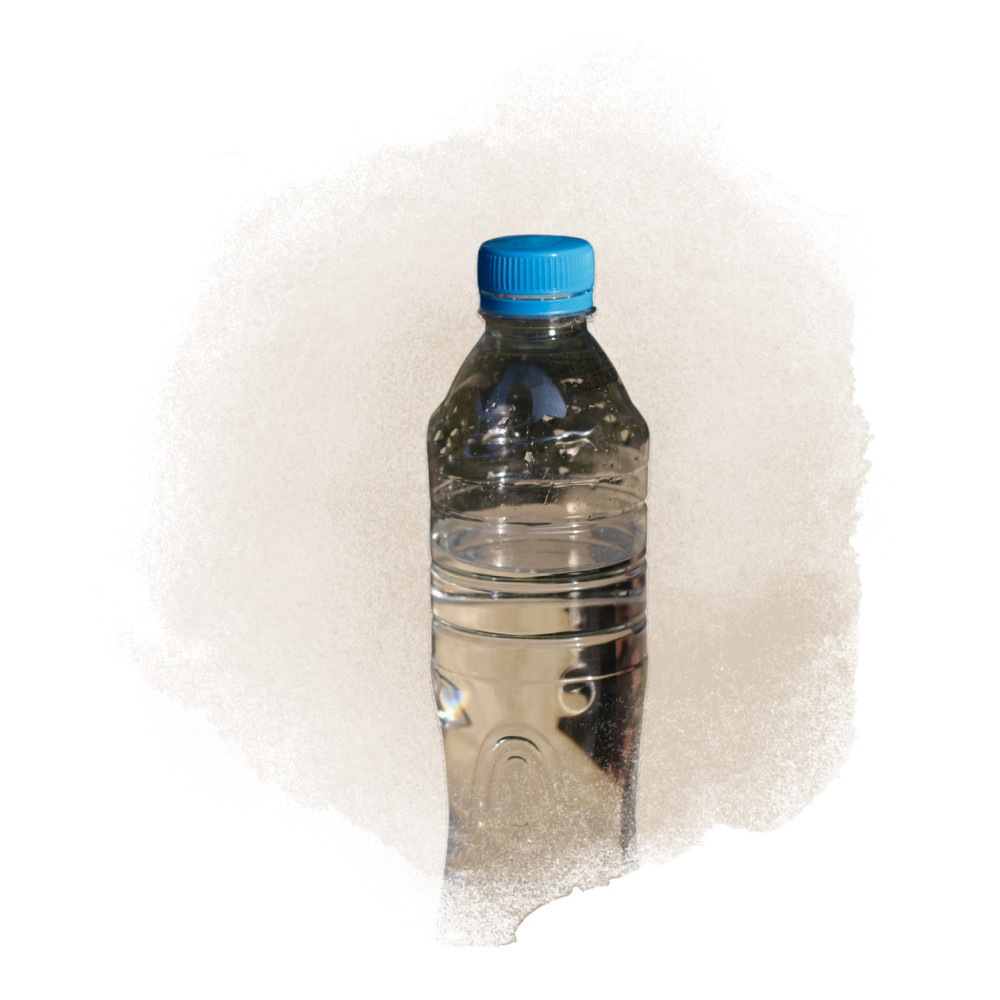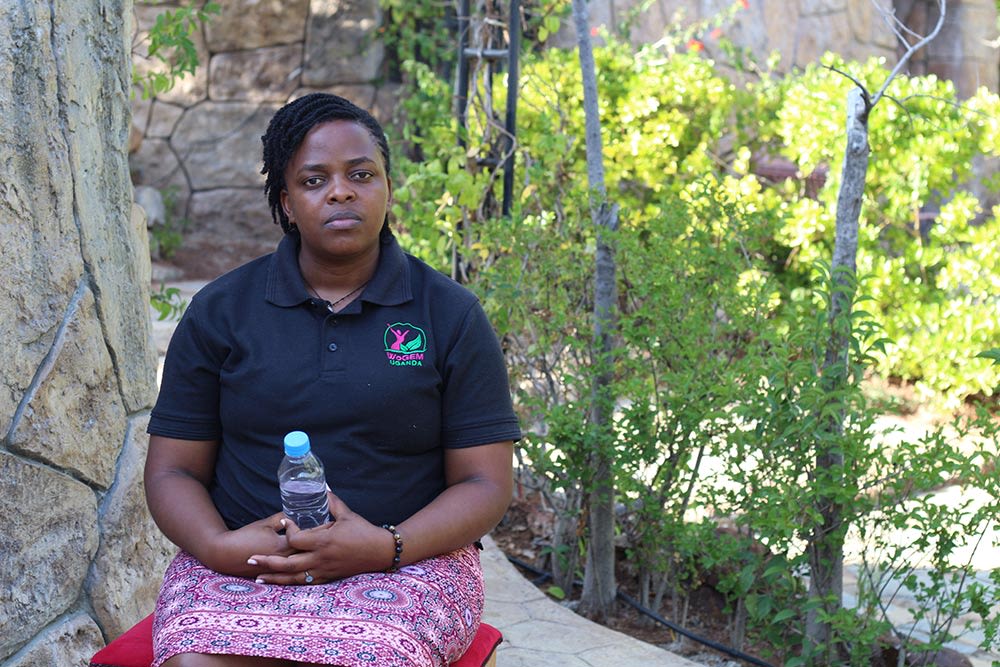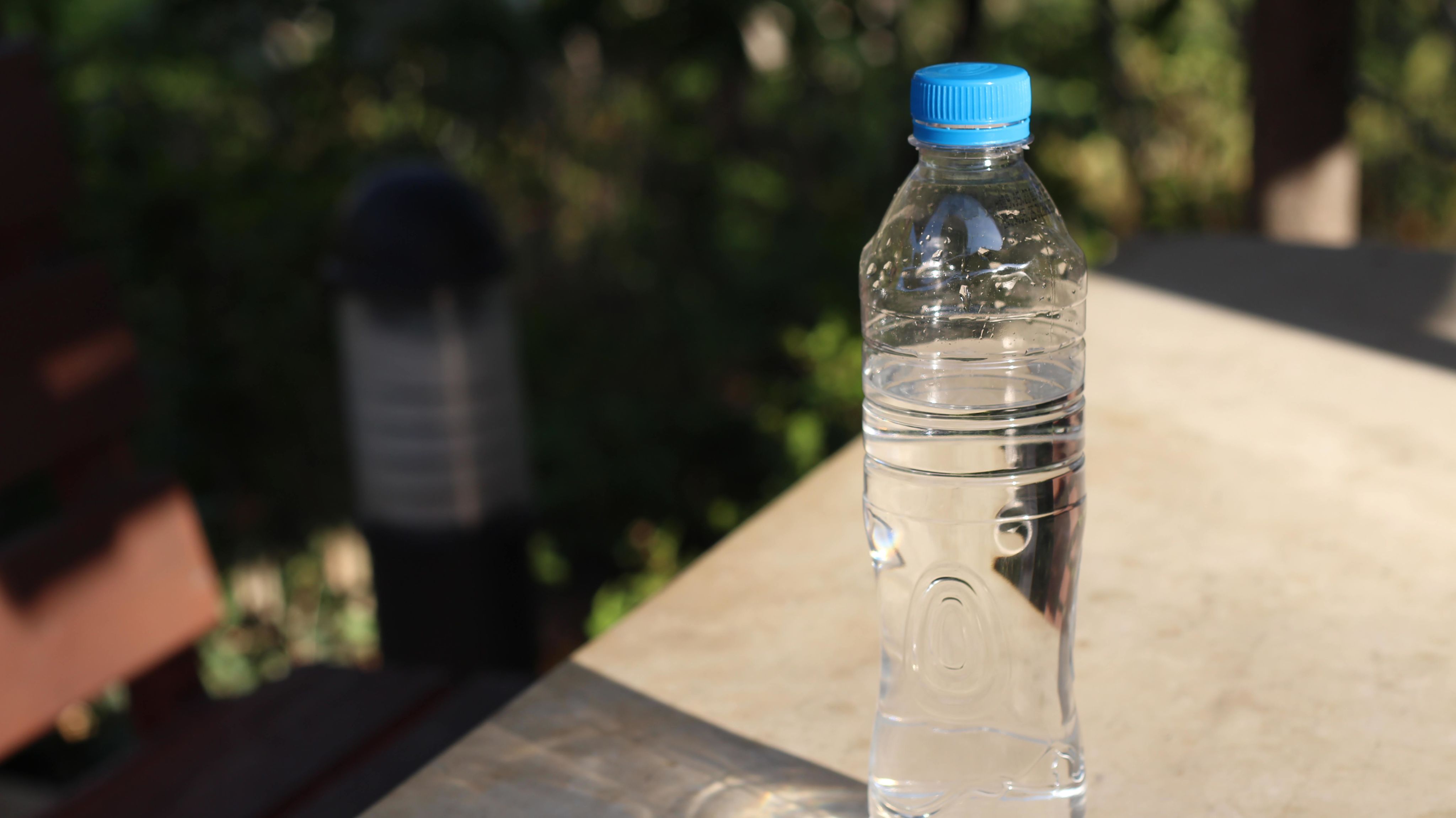PLASTICS | UGANDA
TWONGIRWE IREEN
UGANDA
Plastic waste triggered compounding problems in Ireen's village in Uganda—from environmental pollution, to flooding, to food insecurity, to exacerbating climate impacts. More than improper waste management, Ireen addresses the real culprit—the fossil fuel industry.

When it rains, plastic wastes block waterways, disrupting natural flow and redirecting them instead to where the crops are planted. With floods wiping out the crops, Ireen's community didn't only have their livelihood disrupted, they also had to deal with food shortages.
This motivated Ireen to teach her community to manage waste properly. She believes the solution goes beyond behavioral change among individuals. It must also tackle where plastics come from—fossil fuels. With this, she also calls on plastic producers to redesign their packaging and invest in more sustainable solutions.
But more than wreaking havoc through plastic pollution, the fossil fuel industry has also worsened climate disasters. Its expansion through the East African Crude Oil Pipeline further killed thousands of lives and displaced thousands of households. Witnessing these adversities, she joins a movement that provides platforms for solidarity in their community. She also demands big polluters to pay for the loss and damages.
ObJECT OF MEMORY
While the use of plastics may seem necessary and unavoidable, it exacerbates the impacts of the climate crisis, disrupting the day-to-day lives of vulnerable communities. In response, Ireen addresses this dilemma by not only treating the symptom through proper waste management but also tackling it at the source—calling on producers for more sustainable alternatives and demanding that polluters pay for the loss and damages they have caused.
Currently, Ireen leads the Women for Green Economy Movement in Uganda, which empowers women to fight injustices such as the plastic pollution and climate crisis. Through their weaving project, women are given platforms to share their stories, and build resilience and solidarity in mitigating the climate crisis.
WATCH IREEN'S VIDEO
MAKE POLLUTERS PAY.
SIGN THE PETITION.








